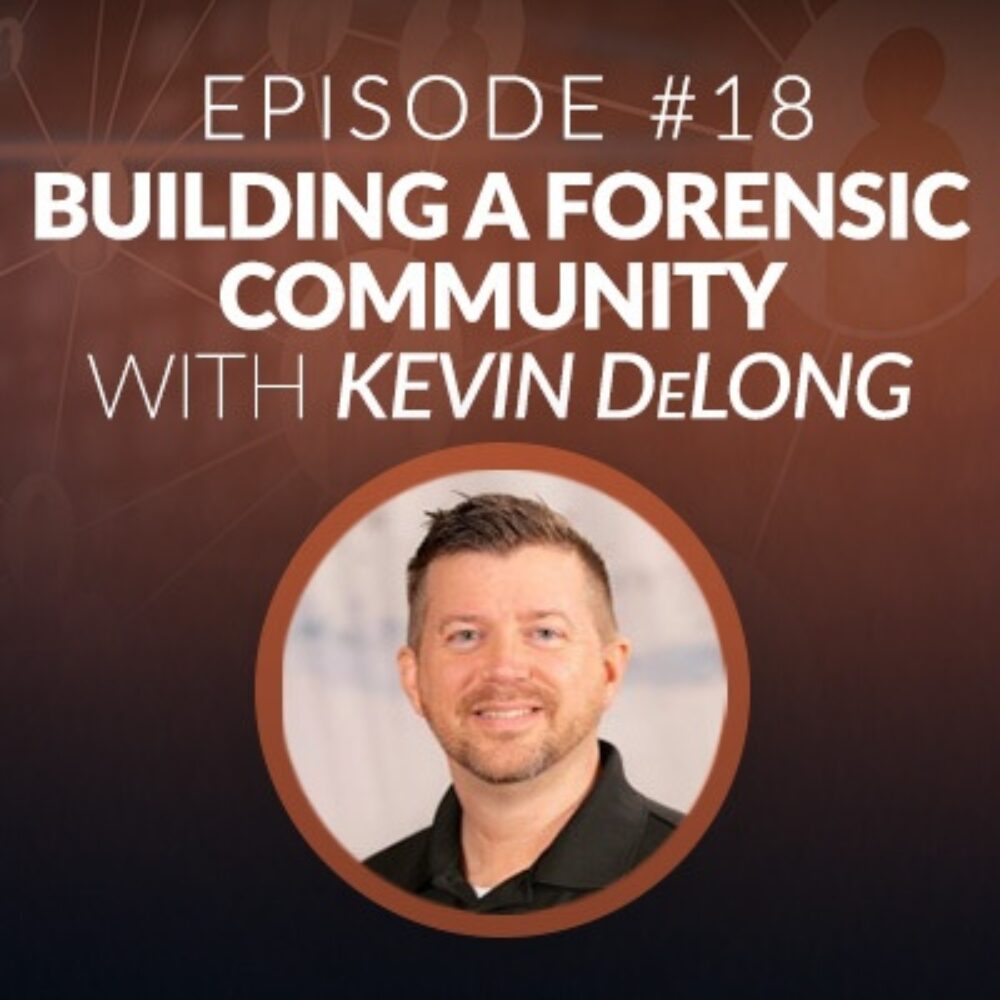
October 2, 2023 | FTK OVER THE AIR
Justin catches up with an old friend in the industry, Kevin DeLong, the founder of Cyber Social Hub. Originally wanting to create a community where forensic professionals could simply continue the conversation once conference season was over, Kevin has now built an industry collective to share ideas, research and best practices. With over 2,700 members, Kevin has cultivated an impressive community of IT, cybersecurity, digital forensic, and legal technology professionals who all share a common goal of learning how digital devices store, transmit, and secure data. How did he do it? And what are his predictions for the next emerging technologies in the forensic space? Listen to find out! Join the Cyber Social Hub for free at cybersocialhub.com